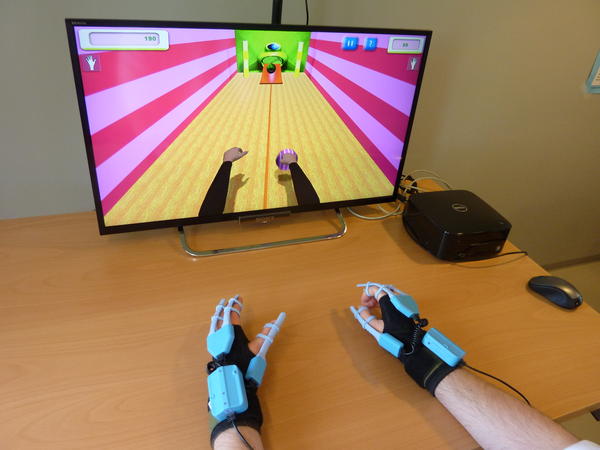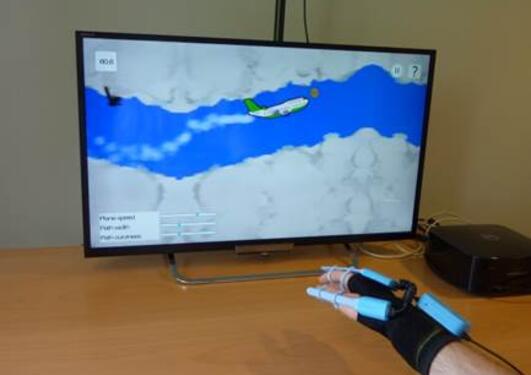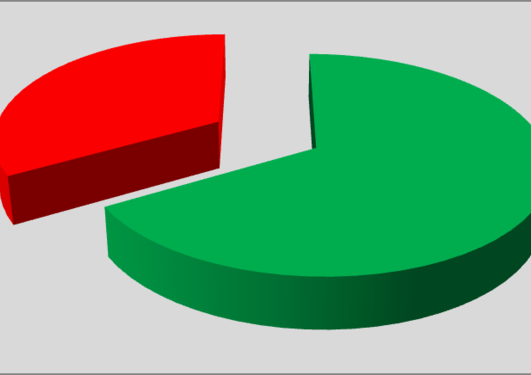
VIRTUES – Virtual Reality Training for Upper Extremity after Stroke
VIRTUES is a collaboration between five rehabilitation institutions in Norway, Denmark and Belgium and the KU Leuven, Belgium, coordinated by the University of Bergen, Norway. We want to examine whether Virtual reality training (VR) is more effective in improving arm motor function in the sub-acute phase after stroke than conventional training. The implementation of VR rehabilitation from therapists’ and patients’ points of view and cost-effectiveness will also be evaluated.
In this study the potential of a VR training system, the YouGrabber, will be compared to standard rehabilitation and assessed with regard to:
Arm motor function Dexterity Patient satisfaction Therapist satisfaction
Independence in activities of daily living Cost-effectiveness




